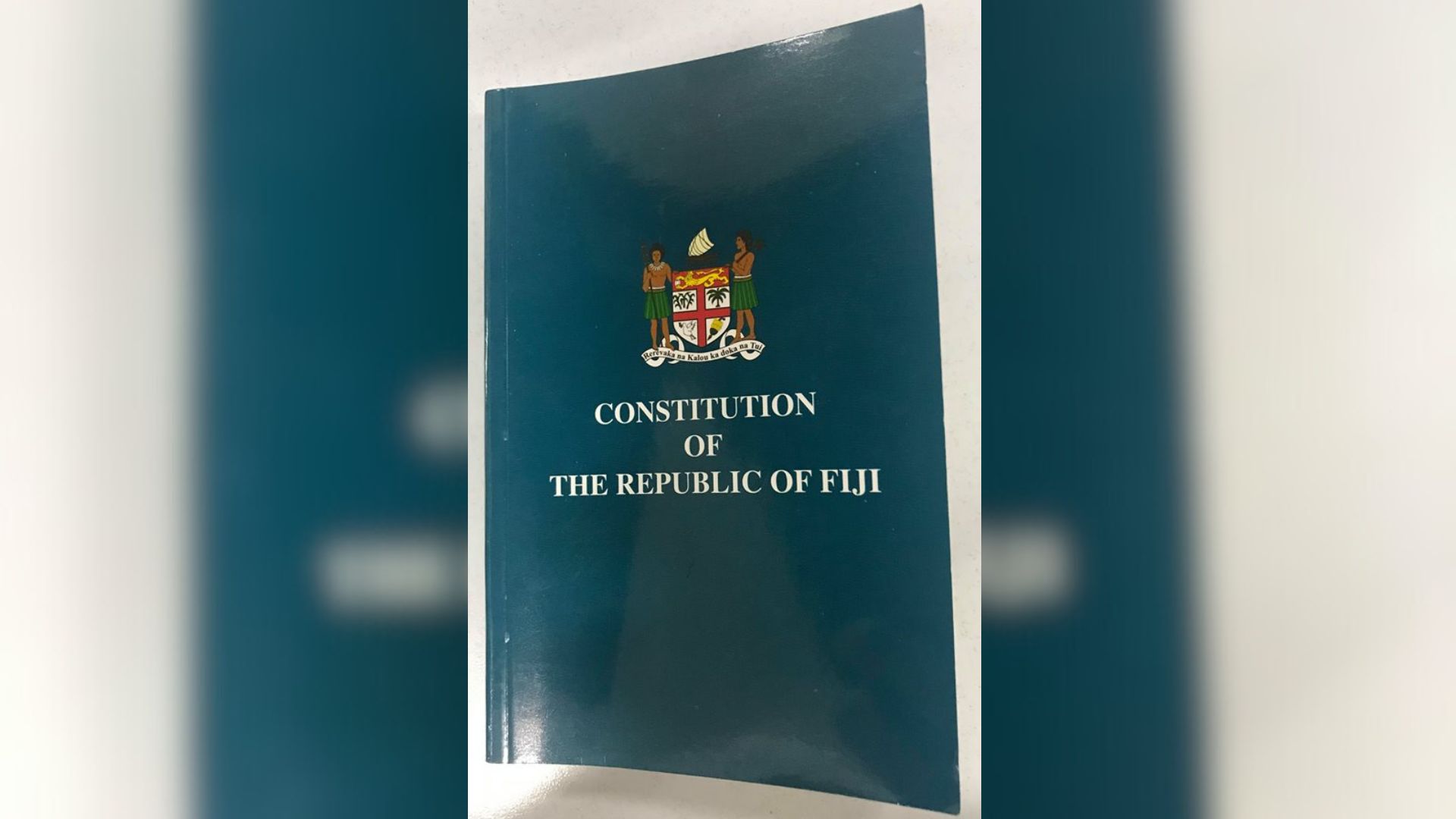WHETHER the 1997 Constitution is still valid is one of five questions now before the Supreme Court in a legal case that could rewrite the country’s political future.
The case, filed by Prime Minister Sitiveni Rabuka on behalf of Cabinet, is registered as Case No. 0001 of 2025 under the court’s original jurisdiction.
It seeks urgent clarity on whether Fiji’s 2013 Constitution can ever be amended and if the 1997 version still stands.
The reference, filed under Section 91(5) of the 2013 Constitution and Rule 27 of the Supreme Court Rules, calls on the court to rule on five constitutional questions:
1. Are the provisions of Chapter 11 and Part D of Chapter 12 of the Constitution of the Republic of Fiji binding on the people of Fiji, the Parliament of Fiji and the Supreme Court with the effect that none of those provisions can ever be amended, regardless of the will of Parliament or of the people voting in a referendum?
2. May the provisions referred to in (1) be amended following the enactment of a Bill in Parliament to do so, in terms thought fit by Parliament?
3. Is the approval of any amendment proposed in accordance with (2) effective only if approved by the people of Fiji at a referendum?
4. Is any special majority, and if so in what proportion, necessary for an enactment under (2) or approval by referendum under (3)?
5. Is the 1997 Constitution still valid and applicable?
That last question reopens a legal wound from the 2009 Qarase v Bainimarama ruling, where the Court of Appeal found the 1997 Constitution had not been properly abrogated even after the 2006 coup.
Under current law, any amendment to the 2013 Constitution needs 75 per cent support in Parliament and 75 per cent of all registered voters an almost impossible bar.
If the court finds the Constitution unchangeable under current rules, future reform efforts, including changes to voting laws, governance systems, or human rights protections, could be blocked indefinitely.
But if the court finds a path for more practical amendments, it could open the door to sweeping constitutional reform and reset Fiji’s political future.



